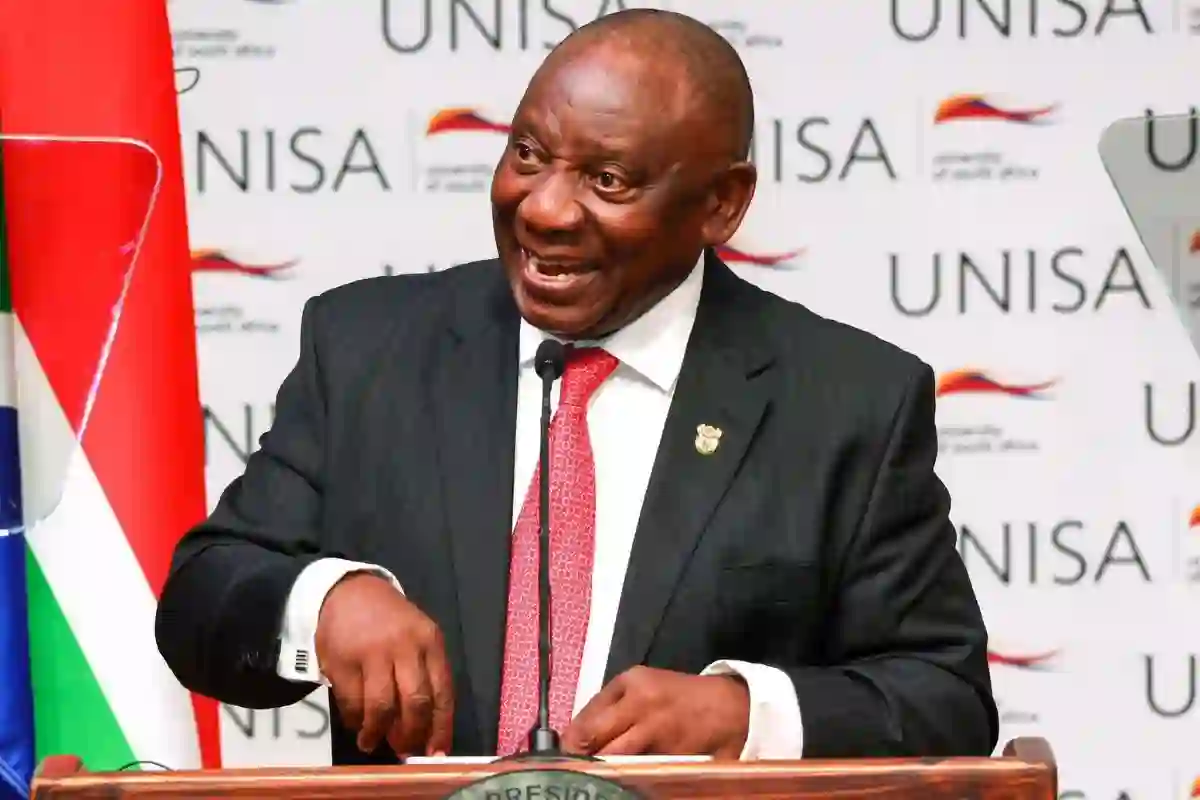South Africa finds itself at a turning point, and leaders are now calling for honest conversations about where the nation stands and where it should be heading.
On Friday, President Cyril Ramaphosa stepped forward at the University of South Africa’s (Unisa) main campus in Pretoria to open what he described as a crucial platform for truth, dialogue, and solutions.
Launch of the National Convention
Ramaphosa delivered the keynote address at the very first sitting of the National Convention, a gathering that brought together over a thousand voices.
Delegates included representatives from government, civil society, business, and community groups—all joining forces for a two-day, citizen-driven debate.
The idea is simple but powerful: to create practical strategies that can truly improve the lives of South Africans.
Ramaphosa’s Call for Dialogue
During his address, the president stressed that this gathering is not about politics or partisanship.
Instead, he described it as a national platform designed for open, respectful, and constructive conversations.
He explained that through the dialogue, South Africans will work toward a new social compact—a shared understanding of the roles and responsibilities of citizens, government, business, labour, traditional leaders, religious organisations, and activist groups.
Citizens at the Heart of Change
A key message from Ramaphosa was clear: ordinary South Africans will determine the success of this dialogue.
He explained that the coming months will see thousands of community-level discussions unfolding across the country.
These local dialogues are expected to give people the chance to tackle challenges directly where they live, study, and work.
In his words, it’s about citizens taking responsibility for their future.
The Road Ahead
The National Dialogue is set to run over the next six to eight months, during which South Africans are encouraged to participate in shaping solutions to issues affecting their daily lives.
Whether it’s unemployment, inequality, education, or governance, the process aims to turn everyday concerns into national priorities backed by collective action.
What Do You Think?
The success of this initiative depends on how actively citizens get involved.
How do you think ordinary South Africans can contribute meaningfully to the National Dialogue in their own communities?

